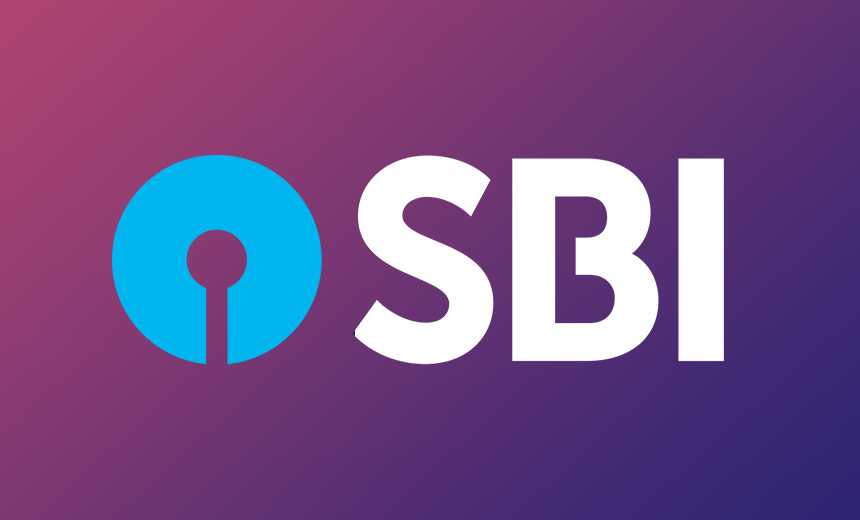The SBI Economic Research warned that the calculations are based on erroneous assumptions that without travelling, Leave Travel Allowance (LTA) cash could be retained by paying income tax.
SBI Economic Research reports throw light on the working of the schemes launched post-lockdown.
light on the working of the schemes launched post-lockdown.
SBI research reports are profile including data on tabular structures, estimates and similar comprehensive data on the consumer market, making them useful for reference purposes.
The Finance Minister had announced special schemes for the central government employees to boost the consumption in the economy which includes the LTA/LTC scheme allowing encashment of the leave travel concessions/allowance and a special festival advance scheme providing Rs. 10,000 interest-free loans.
The report stated that the LTA cash voucher scheme, whose dimension is fixed at Rs. 28,000 may be insufficient to bring in the speculated demand as only 10-15 per cent of the eligible employees would be able to avail the scheme.
However, the report stated that the allotted Rs 8,000 crore festival advance scheme for government employees is the least economically-hit section in the ongoing pandemic, could elevate the discretionary spending, but not by a considerable margin.
“The consumption-boosting proposal ignores the vital fact that the rise in savings has been due to curtailment of discretionary consumption in higher fractile groups. The fractile group that is targeted under these proposals has higher marginal propensity to save, and any additional savings is more likely to be not consumed,” the report said.
A fractile is a cut-off point for a certain fraction of a sample.
LTA Scheme
Under the scheme, employees can avail cash in place of leave encashment and also on the fare if the employee has not availed leave travel concessions (LTC). The scheme comes with a condition, according to that the tax will only be exempted if the employee buys goods and services worth three times the amount paid before March 31, 2020. The purchase of good must made digitally have a GST of 12 per cent or more from GST- registered vendors.
Also, the spend needs to be made on goods that attract a GST of 12 per cent or more from GST-registered vendors, and the purchases must be in digital mode. SBI said it is doubtful how many people will avail the LTC scheme, as those availing the scheme have to pay the GST out of their pockets.
SBI stated that they would be better off paying taxes on the LTC amount availed instead. The plan is unpromising unless the government decides to pay the GST component also over and above the fare entitlement amount, as has been done by many PSBs. Moreover, since LTC covers not just the employees, but their dependent family members as well, the impact on the personal income will be enormous.
The interpretation additionally stated that the assumption in the report that employees would otherwise not pay GST when they purchase something with their money and are only incurring it because the scheme is surprising.
Festive credit scheme
State Bank of India’s (SBI) Research has mentioned that the festival advance scheme could work, as it would mean some extra income over and above the current income. “This is where one can expect demand to get a boost by way of discretionary consumption,” it said.
SBI said that the festival loan scheme is related to the interest-free loan provided to certain Public Sector Unit (PSU) bank employees, in which they receive one month’s salary which is repaid in 12 interest-free instalments. This plan was offered until the Sixth Pay Commission to non-gazetted officers.
Read: SBI’s New Chairman: Retail Credit is Seeing a Decent Pick-Up




